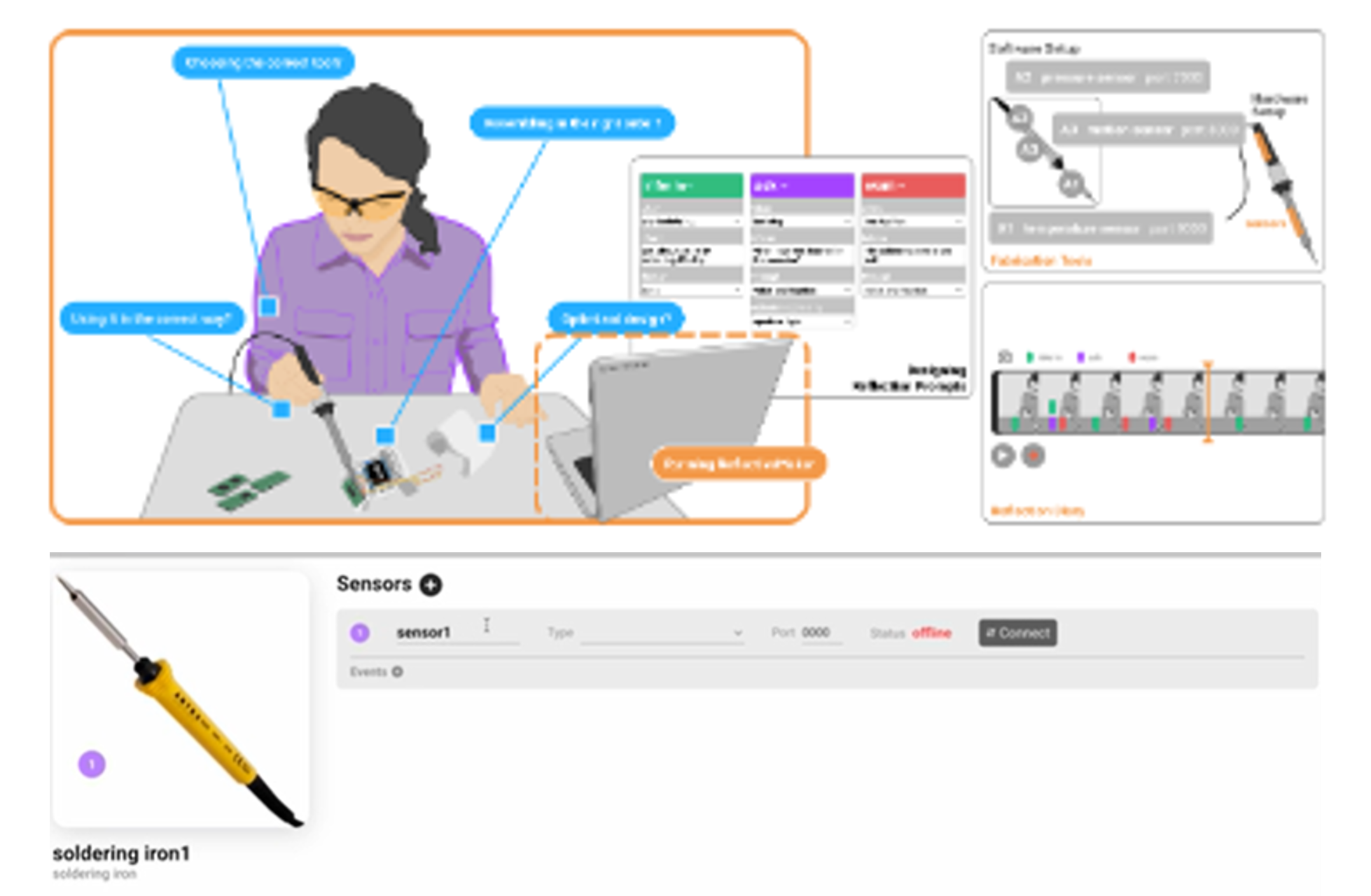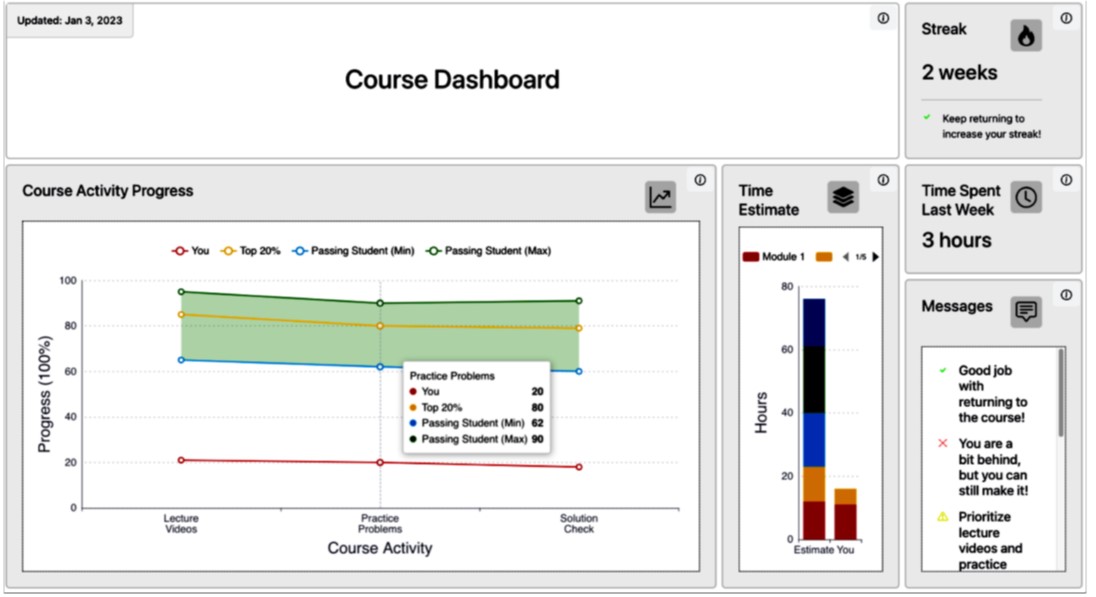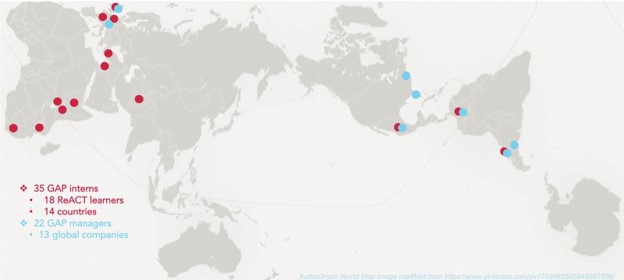
The MIT Integrated Learning Initiative (MITili) has provided $200K in funding this year to four research projects. MITili recently met with each team to inquire about the progress of their research, discuss ways their findings can be shared at the end of the year, and consider any collaborations that might grow through cross-team discussions. The following report includes the original abstract as well as a brief summary of the research team’s progress to date. We are excited to follow up with the teams again later in the coming months as their projects come to an end. In the meantime, you can sign up for our monthly newsletter to learn more about our research.
Evaluating the Effects of Advanced Placement Coursework on Post-secondary Achievement - Joshua Angrist (Economics)
Abstract
The returns to college vary dramatically across fields of study. Well-documented disparities in college major choice may therefore contribute to later gaps in earnings. How do students decide what to study? Evidence suggests that students value both expected earnings and non-pecuniary factors such as expected career satisfaction and fulfillment. However, little is known about how earlier educational investments shape college major choices.
The findings from this project stand to inform the active debate on the merits of Advanced Placement (AP) courses and the content of high school curricula. While over 9 out of 10 public school students are estimated to have at least one AP exam at their school, and over 40% of public high school graduates take at least one AP exam, significant gaps in AP access and participation remain.
Update
The research team is currently looking at archival data in hopes of linking this data to fields of study, and ultimately whether AP course offerings have an impact on what high school students study in college and beyond. The team will continue to tie AP class outcomes with the classes chosen by education administrators and extract data that will make choosing which classes to introduce each school year while offering a diverse curriculum for all learner-types. With the help of data found via the Common App, a non-profit membership organization representing more than 1,000 diverse institutions of higher education, the team will continue to tie transcripts and AP test outcomes to educational investments and fields of study.

The Reflective Maker: Studying the Role of Personalized Reflection in the Learning of Maker-Skills - Stefanie Mueller (Computer Science and Artificial Intelligence Laboratory)
Abstract
While teachers have been trained to personalize reflection for each student by talking to them about their mistakes, such manual intervention does not scale to large classrooms. Thus, many teachers only provide generic reflection prompts, such as standardized questions for students to think about as they do the task. This, however, fails to personalize reflection for each students’ individual learning gaps.
The goal of this research project is to measure if automatically generated personalized reflection prompts lead to better learning effectiveness than generic standardized reflection prompts that are the same for each learner.
Update
The team has been interviewing educators and have narrowed down six competencies common in maker spaces, and five sets of learning strategies that are common. These core elements can be used to prepare more collaborative education experiences. One use is the inclusion of Reflective Learning Tools which would have sensors that would let the teacher know which students are using the correct tool for a certain project. It might also prompt the student to rethink using a certain tool and maybe change their mind about which tool will work best to solve the current problem. Reflective moments are important for learning with the student taking an active role in the decision making process.

Meta-LAD: Designing an adaptive dashboard improving online learners’ metacognition as well as cognition - Eva Ponce (Center for Transportation and Logistics, Omnichannel Education Lab)
Abstract
While Learning Analytics Dashboards (LADs) have been widely studied and implemented to improve learning and teaching experiences, most of these LADs are limited to only providing information on learners’ prior performance without actionable feedback. Such LAD designs lead learners to be more focused on earning high scores on tasks which is not necessarily equal to learning knowledge and skills. These performance-focused designs can even demotivate learners by making them feel behind.
The main goals of this team’s research are (1) developing the Metacognitive-Learning Analytics Dashboard (Meta-LAD) which could identify learners’ profiles and personalize its metacognitive feedback to them and (2) improving learners' metacognitive skills and performance in the CTL SC0x course through the Meta-LAD.
Update
The team has completed the focus group phase and building of the dashboard, their next step is deployment and A/B testing. One serendipitous outcome of the focus group testing was finding that the dashboard prompts, or little encouraging messages in addition to actionable items, were helpful for students and helped them move along with more enjoyment of the learning process. They will continue with their research and hope to have data analysis of the dashboard performance outcomes by early fall. You can learn more about the progress of this project here: https://omniedulab.mit.edu/meta-LAD/

Comparative study between students choosing internships vs self-guided experiential projects within the ReACT program - Admir Masic (MIT Refugee Action Hub)
Abstract
The MIT Refugee Action Hub (ReACT) aims to accelerate talented individuals to become agents of positive change in their career and communities. The MIT ReACT CDS Program is guided by four core pillars which leverage the strengths of MIT: Academics; Skills; Professional Internships and Experiential Learning; Networks.
The purpose of this quasi-experimental study is to assess the learning effectiveness of an academic/behavioral intervention. More specifically, we aim to study the effect of offering structured mentoring opportunities in the ReACT Computer and Data Science (CDS) Certificate Program, and understand if/how it affects the learner experience and future work placement.
Update
To date, the team has rolled out a pre- and post-questionnaire to capture mentee/intern and mentor/manager assessment of the skills the ReACT CDS Program provided, and their readiness to participate either in supervised internships or self-guided projects. The research team leveraged on the support the Global Apprenticeship Program (GAP) pilot provided for finding internship opportunities for ReACT learners. ReACT has just recently graduated another cohort of students so the research team is currently performing interviews to the program’s and the GAP pilot’s staff to understand the challenges and opportunities they, the learners and supervisors/mentors experienced. One sticking point for their research is that they’ve come across quite a few hiring industries who are not receptive to providing meaningful mentorship at a level conducive to greater learner and worker experience. This is reflected in difficulties regarding setting proper expectations at the beginning of the internships, providing formative feedback, and leading in a remote work setting. You can learn more about the GAP pilot in the MIT Agile Continuous Education site here.